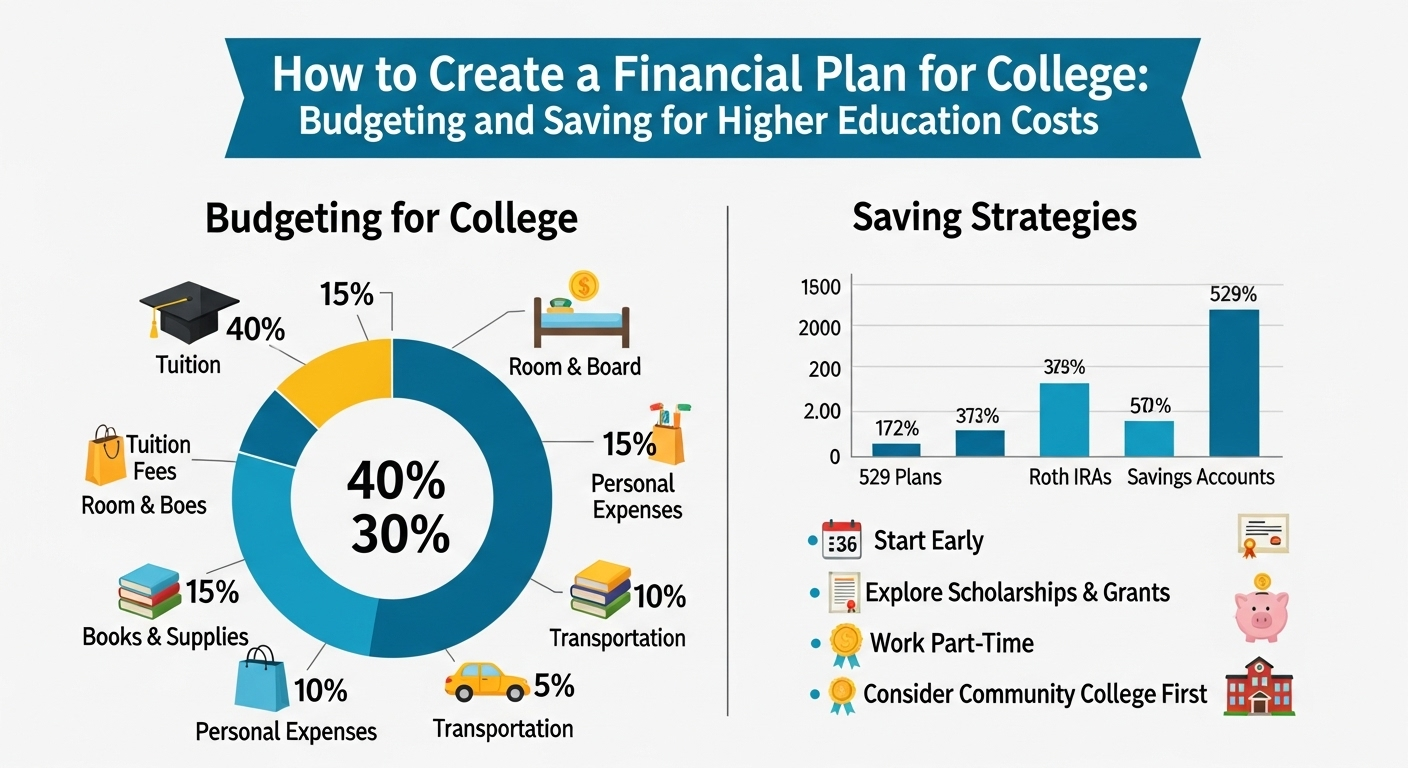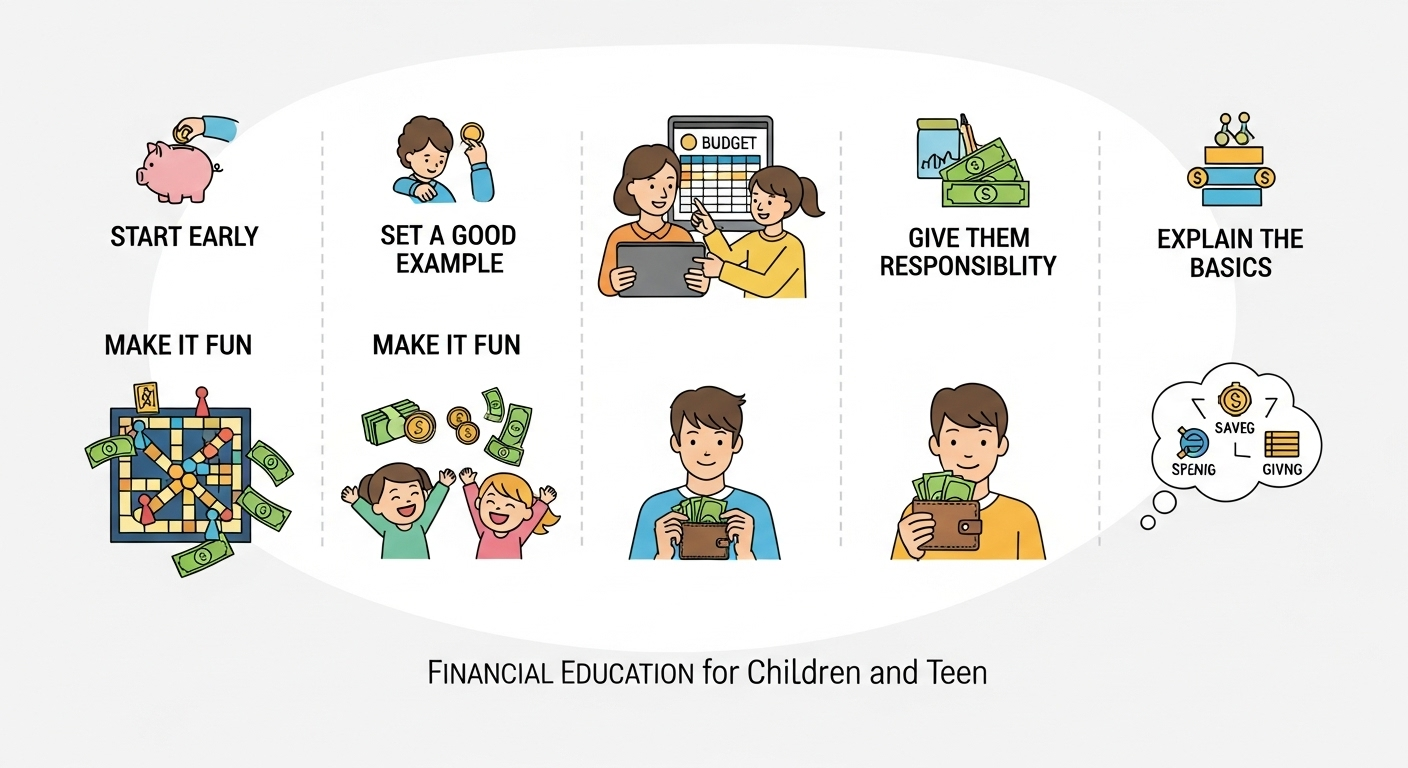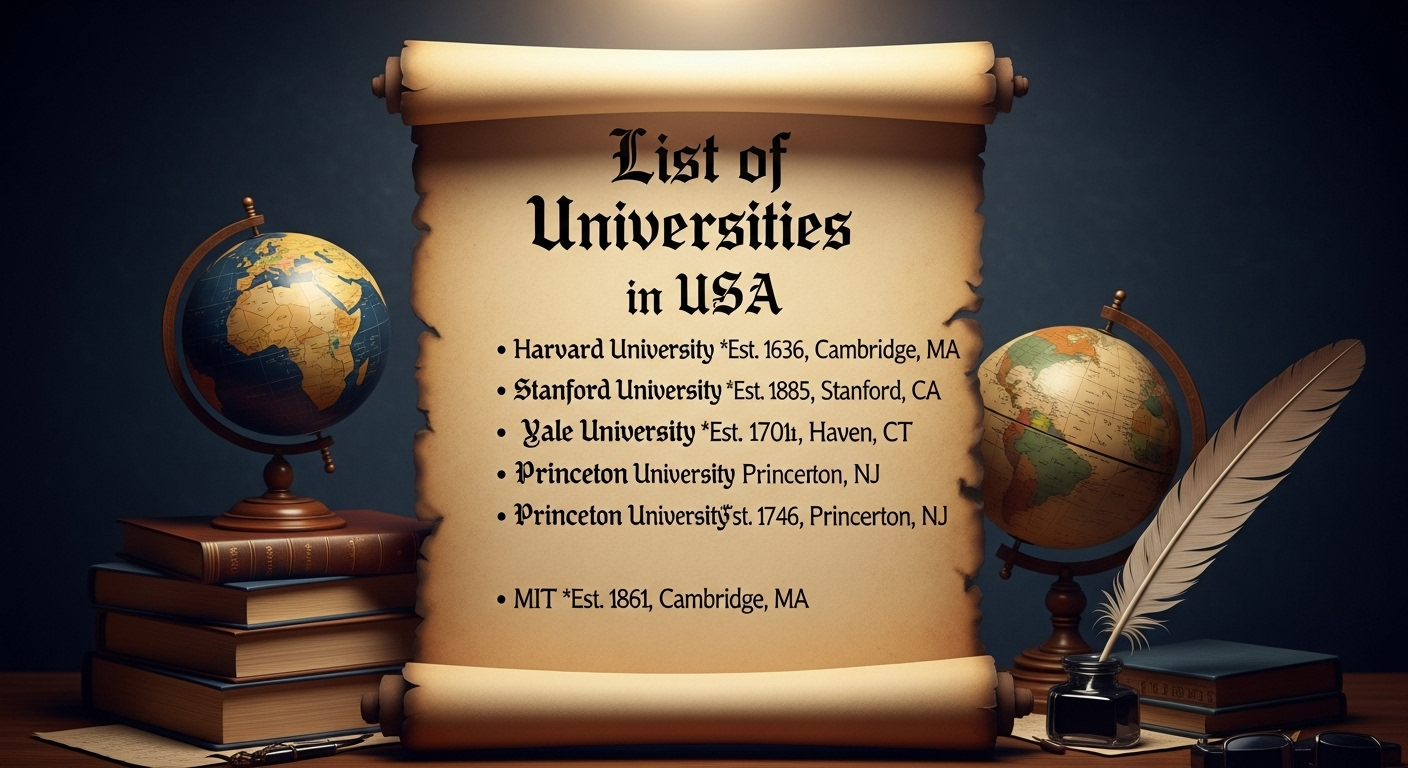
There’s a dream that has been sold to millions of students across India. Get a Bachelor of Engineering in Computer Science or IT, land a high-paying job in a massive tech park, and your life is set. It’s a clean, straightforward path. A formula.
But let’s get something straight, you and I. I’ve been in and around the IT industry for years, I’ve hired fresh graduates, and I’ve seen what makes someone successful. And I can tell you with absolute certainty that the formula is broken. Your degree is not the destination. It’s not even half the journey. It’s just the entry ticket.
The IT world doesn’t care as much about what you *know* as it cares about what you can *do*. It’s a field of skills, not just knowledge. Of building, not just memorizing. Getting the best education in IT is less about the name of your college and more about what you do with your own time and your own curiosity. So, let’s talk about what that really means.
Your Degree Is Just the Foundation (But Make It a Strong One)
Of course, your formal education matters. A Bachelor’s degree in Computer Science, IT, or a related field is the most direct path. It provides the structured foundation on which everything else is built. But let’s be honest, you’ll probably forget half of what you learn in those four years. So what’s the important stuff?
Pay very, very close attention in a few core subjects. These are the pillars that hold up the entire building. They are:
Data Structures and Algorithms. This is it. This is the big one. This isn’t just a subject; it’s the grammar of programming. Understanding how to organize data efficiently is the difference between writing code that works and writing code that works *well*. Every single technical interview at a good product company will test you on this. Relentlessly.
Operating Systems and Computer Networks. How does a computer actually work? How does it talk to other computers over the internet? You don’t need to be an expert, but having a fundamental grasp of these concepts separates a professional from an amateur who is just blindly writing code.
Database Management Systems. Almost every application in the world needs to store and retrieve data. Understanding how databases work is a fundamental skill. Period.
Don’t just study these subjects to pass the exam. Try to understand them deeply. This is the intellectual toolkit that will serve you your entire career.
The Difference Between Knowing and Doing: Build Stuff. Anything. Everything.
Let me tell you the single biggest truth about the IT industry. A student from an average college with an amazing GitHub profile will beat a student from a top college with a blank one, almost every time. Your portfolio of projects is your real resume.
What does this mean in practice? It means you need to be building things. Constantly. Don’t wait for a college assignment. Have an idea for a simple app? Try to build it. A website for your local kirana store? Go for it. A program to automate a boring task you do? That’s a perfect project.
I don’t care if it’s messy. I don’t care if it fails. The process of wrestling with a problem, searching for solutions online, fixing bugs at 2 AM—that is your real education. It teaches you how to learn, which is the most critical skill in a field that changes every few years. Create a GitHub account and upload all your code. It becomes a living, breathing demonstration of your skills and your passion. Your curiosity can be your greatest asset, a topic explored in different contexts on sites like Liittle Wonder.
When an interviewer asks you about a project on your resume, your eyes should light up. You should be able to talk about the challenges you faced and how you overcame them. That’s what gets you hired.
It’s Not Just About Coding Anymore: The New IT Universe
But wait, what if you’re not a hardcore coder? The good news is that the IT universe has expanded massively. Today, some of the most exciting and high-paying roles are not just in traditional software development. The business world, as often covered by financial news sites like Reuters Technology section, is being transformed by these fields.
Consider specializing in one of these high-growth areas:
Cloud Computing. Think of Amazon Web Services (AWS), Microsoft Azure, and Google Cloud. Businesses are moving their infrastructure to the cloud. Becoming certified in one of these platforms can make you incredibly valuable.
Data Science and Analytics. Companies have vast amounts of data. They need people who can make sense of it—find patterns, build predictive models, and help make better business decisions.
Cybersecurity. As everything moves online, the need to protect data and systems has become paramount. This is a field with a massive shortage of skilled professionals.
UI/UX Design. It’s not enough for an app to work; it has to be easy and enjoyable to use. If you have an eye for design and empathy for users, this is a fantastic and creative field.
These fields still require a technical foundation, but they lean on different skill sets. You don’t have to be the best competitive programmer to have a phenomenal career in IT.
FAQs: The Questions Every IT Aspirant Asks
I am from a non-IT branch like Mechanical or Civil. Is it too late for me?
Absolutely not. It will be harder, yes, but it’s done every single day. Your path is to prove your skill even more aggressively. Pick one programming language, learn it deeply, master data structures, and build a killer portfolio of projects. Many companies today value demonstrated skill over the name of your degree. Your engineering background has already taught you how to solve problems, which is the core of IT.
Which programming language should I learn first?
The classic question. Start with one and stick with it for a while. Python is often recommended for beginners because its syntax is cleaner and it’s incredibly versatile, used in everything from web development to data science. Java is another excellent choice, especially if you want to get into enterprise-level applications. The language itself is less important than learning the fundamental concepts of programming.
Do I need to pay for expensive certifications?
For most entry-level jobs, no. A strong portfolio of projects is far more valuable. However, for specialized fields like Cloud Computing (e.g., AWS Certified Solutions Architect) or Cybersecurity, a well-recognized certification can definitely help you get noticed as it provides a standardized measure of your knowledge. But make it a supplement to your practical skills, not a substitute.
How do I stay updated in a field that changes so fast?
You make learning a habit for life. This is the non-negotiable part of an IT career. Follow tech blogs, read documentation, watch tutorials, and always be working on a small side project to try out new technologies. Your formal education ends in four years; your real education in IT never stops. Fostering this lifelong learning mindset is a journey in itself, and you can find inspiration for it on sites like Liittle Wonder.









